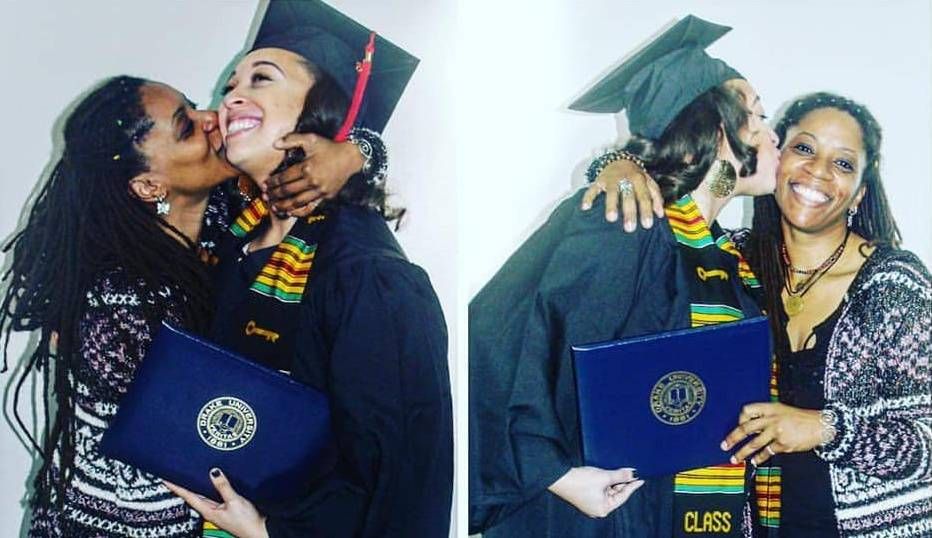How to Manage With Not Much of Anything

This is exactly why we are overdue in having conversations about how to build equity into our community. We must do work together so that those without privilege are able to improve on financial security.
This story originally appeared in the Minnesota Women's Press on May 11, 2020.
The news stories for months now have been consumed with the threats of COVID-19 and the effect this pandemic will have on the stock market, and U.S. and global economies.
When I see these articles, I can’t help but think, “What’s that got to do with me?” The closest thing I have to a stock is made with beef or chicken.
I cannot tell if I am lucky or not to have no worries about my investments or retirement funds. How can I, when I am only thinking about how I am going to financially make it through another week?
Like many others, I watched cautiously as the threat of COVID-19 grew closer and swarms of people rushed to the grocery store to “prepare-not-panic” shop.
What do you do when a pandemic hits between paychecks? How do you manage being caught up in the hustle of feeling pressured to be prepared, but being financially limited? Suddenly, you are faced with decisions like whether you should buy cleaning wipes — if you can find them — or another pack of chicken breasts.
Mothers are faced with the question of how they are going to feed their children three meals every day of the week — while attempting to work from home, not getting paid at all or being required to go off to work with kids at home.
As if we needed any more reasons, this is exactly why we are overdue in having conversations about how to build equity into our community. We must do work together so that those without privilege are able to improve on financial security.
We quickly saw how a crisis can turn into class warfare. Those with privilege hoard essential supplies because they have the money to do so.
I do see a silver lining in times like this, however. You see the humanity in poverty.
Unfortunately, for women of color, we have practiced for this. It isn’t new to us. Relying on community support is how we survive, even when there is not a pandemic. Food drives, granny daycare, cash advances from close friends and family, are all part of the poor person’s savings account.
As I have learned from “More Than A Single Story” conversations, communities of color are resilient. We are adaptable. As my mother used to say, “We will get through this, just like all the other times.”

Tess Montgomery is a North Minneapolis native. She is a communicator, visionary, & young professional who is passionate about connecting with others and strengthening community.
"I grew up in a low-income, single-parent household. My mother worked full-time, but we did not have discretionary money for anything. The only reason to check the mail was in anticipation of her paycheck. Otherwise it was bills and junk mail. 'Broke' was a term I learned early." Don't miss Tess Montgomery's first installment on financial equity, "How Generational Trauma Affects Our Financial Wellbeing."
George Floyd’s police killing has brought together communities in a show of resilience – but it’s also revealed deep-seated racial inequities in access to healthy food now that the Lake Street area, where many grocery stores were damaged or destroyed, has become a food desert. Almanac reporter Kyeland Jackson examines how that lack of food access is actually rooted in racism-charged issues related to access to jobs and opportunities to build wealth.
Saint Paul’s neighborhoods of color have a disproportionate number of vacant buildings than areas primarily occupied by white residents. That fact has a direct impact on crime rates, public-health risks and quality of life. Data reporter Kyeland Jackson examines the links between vacant properties and the city’s racial disparities.
